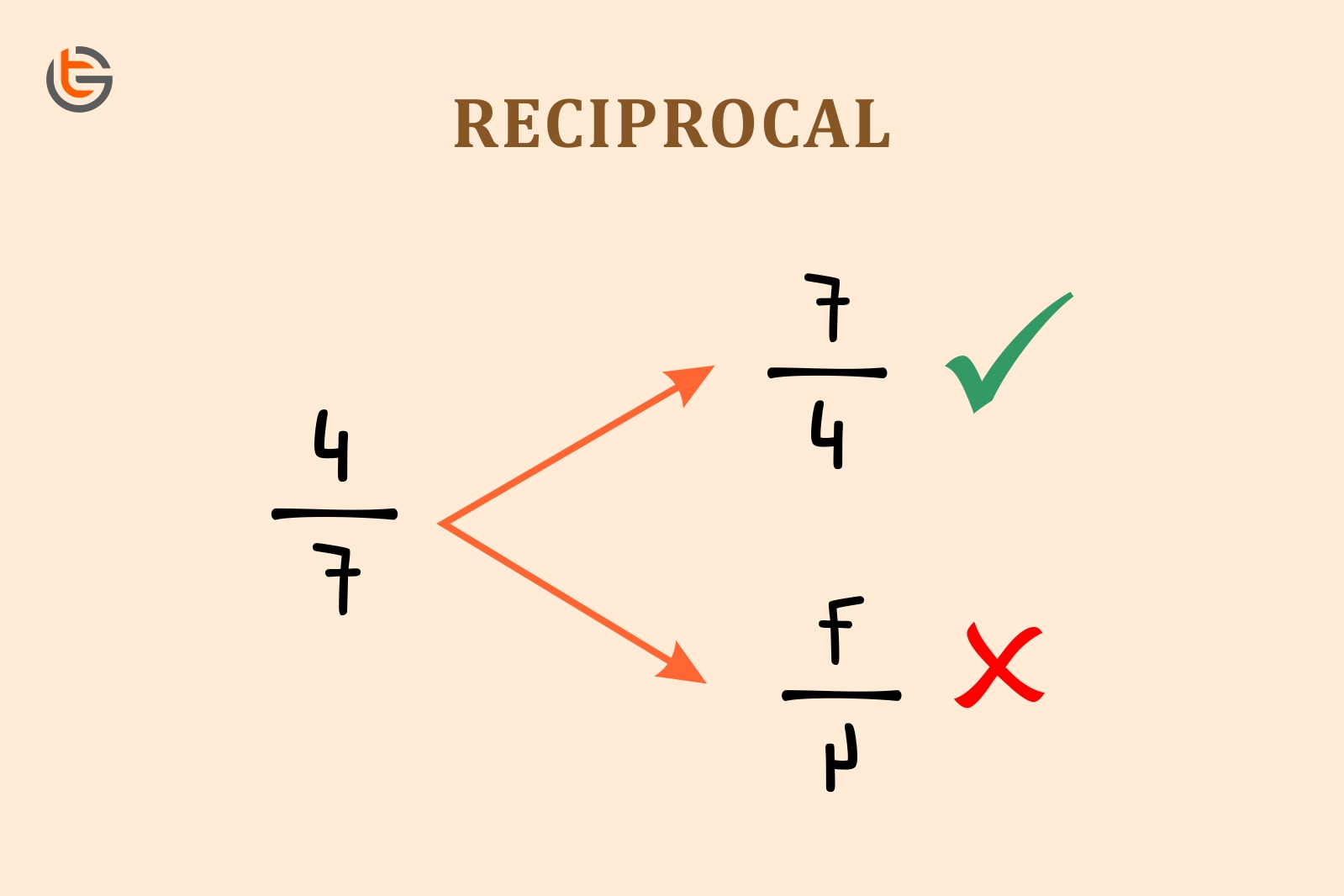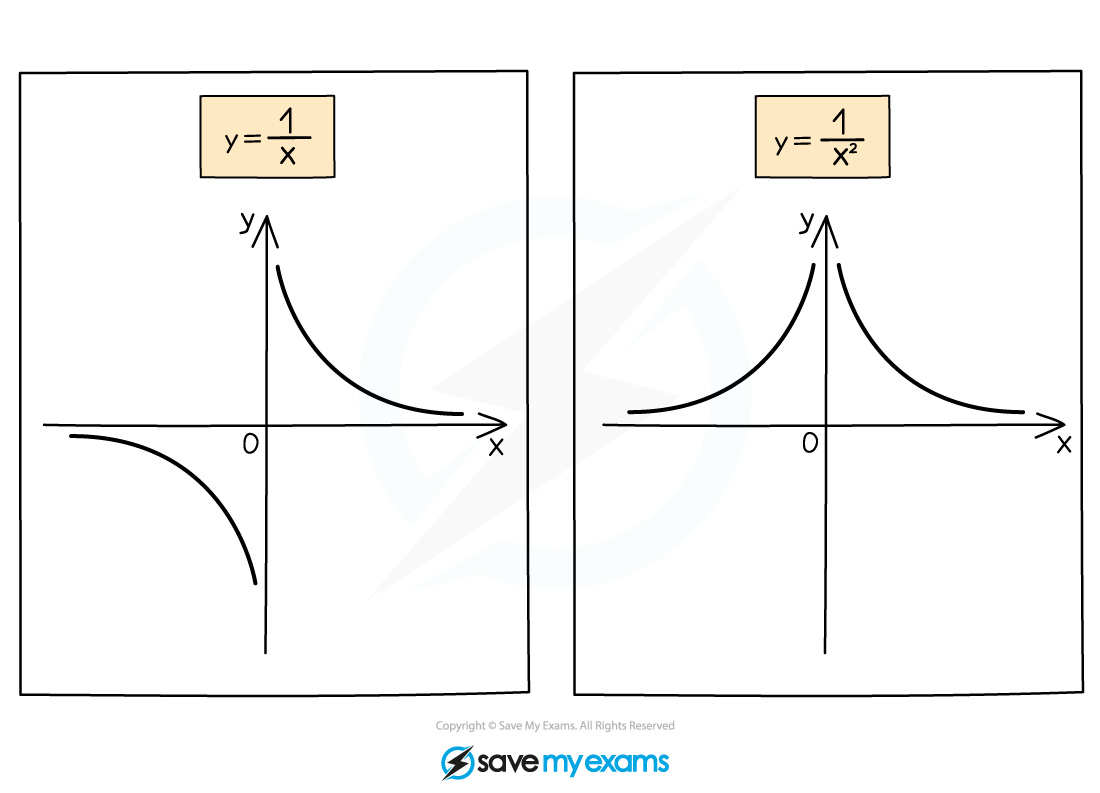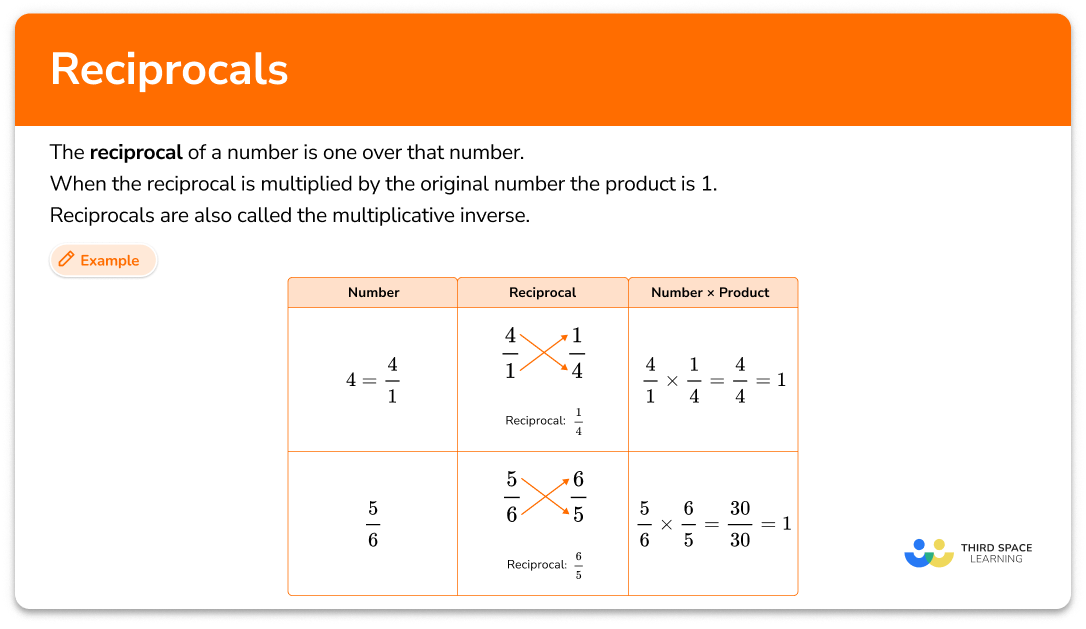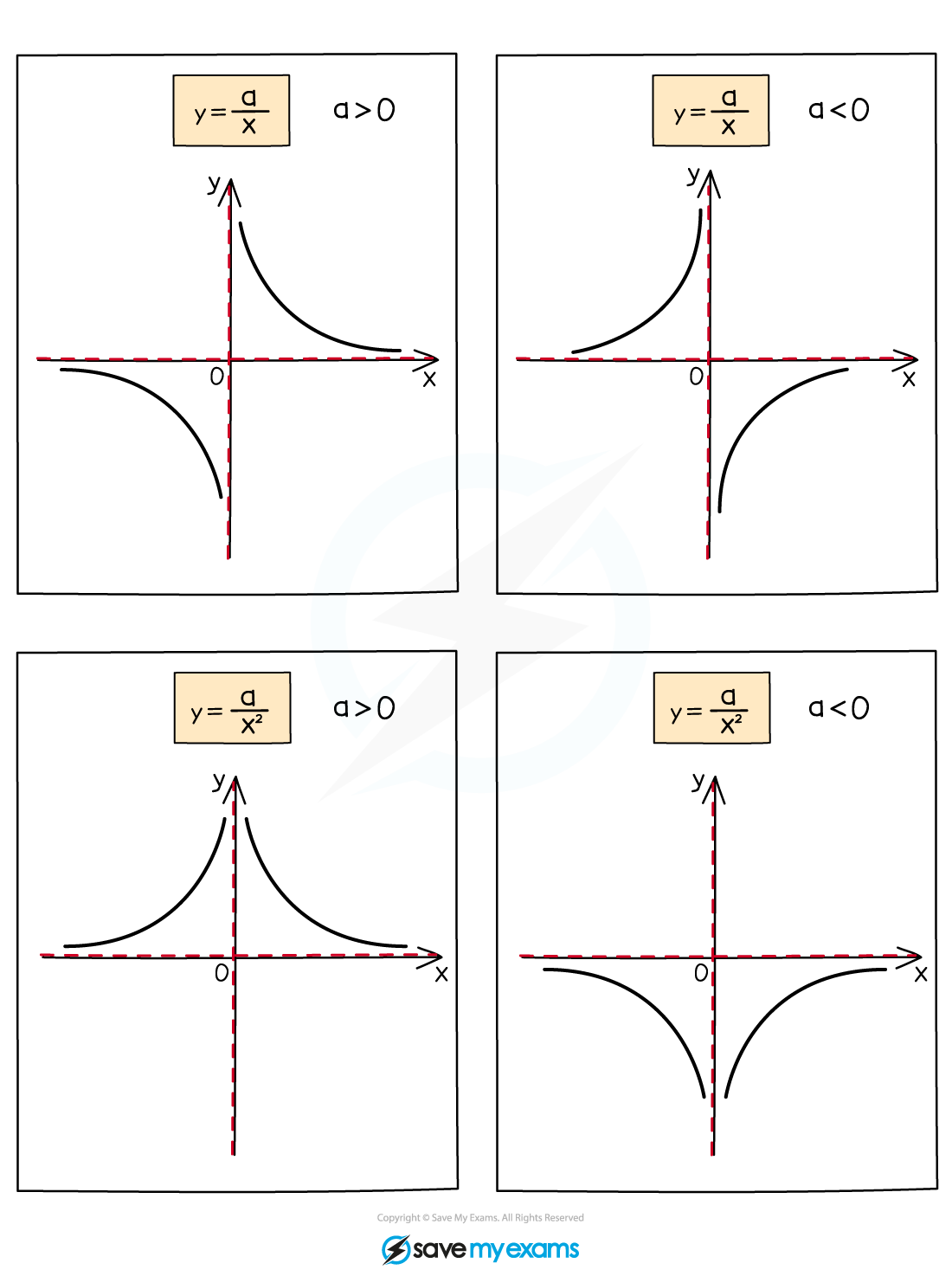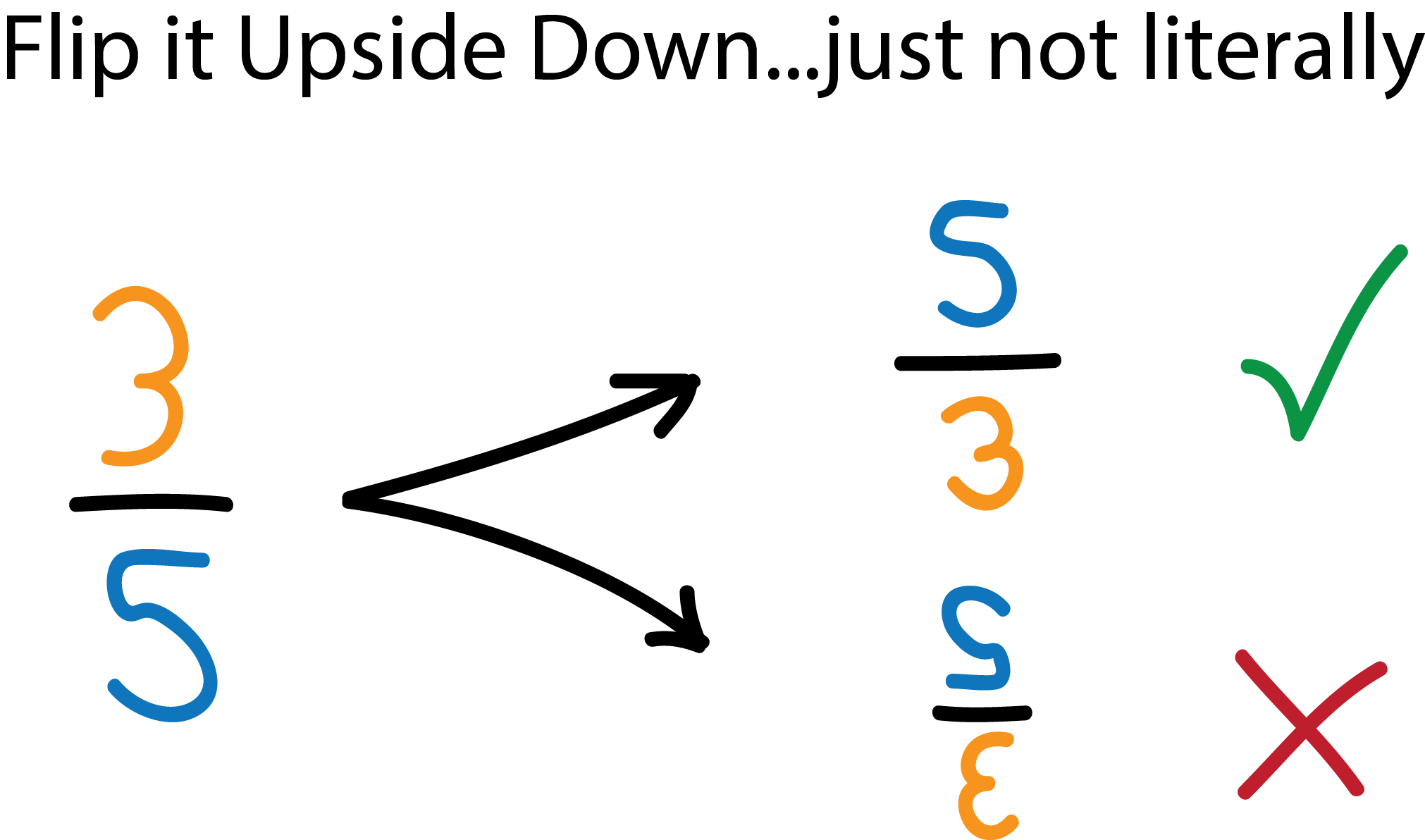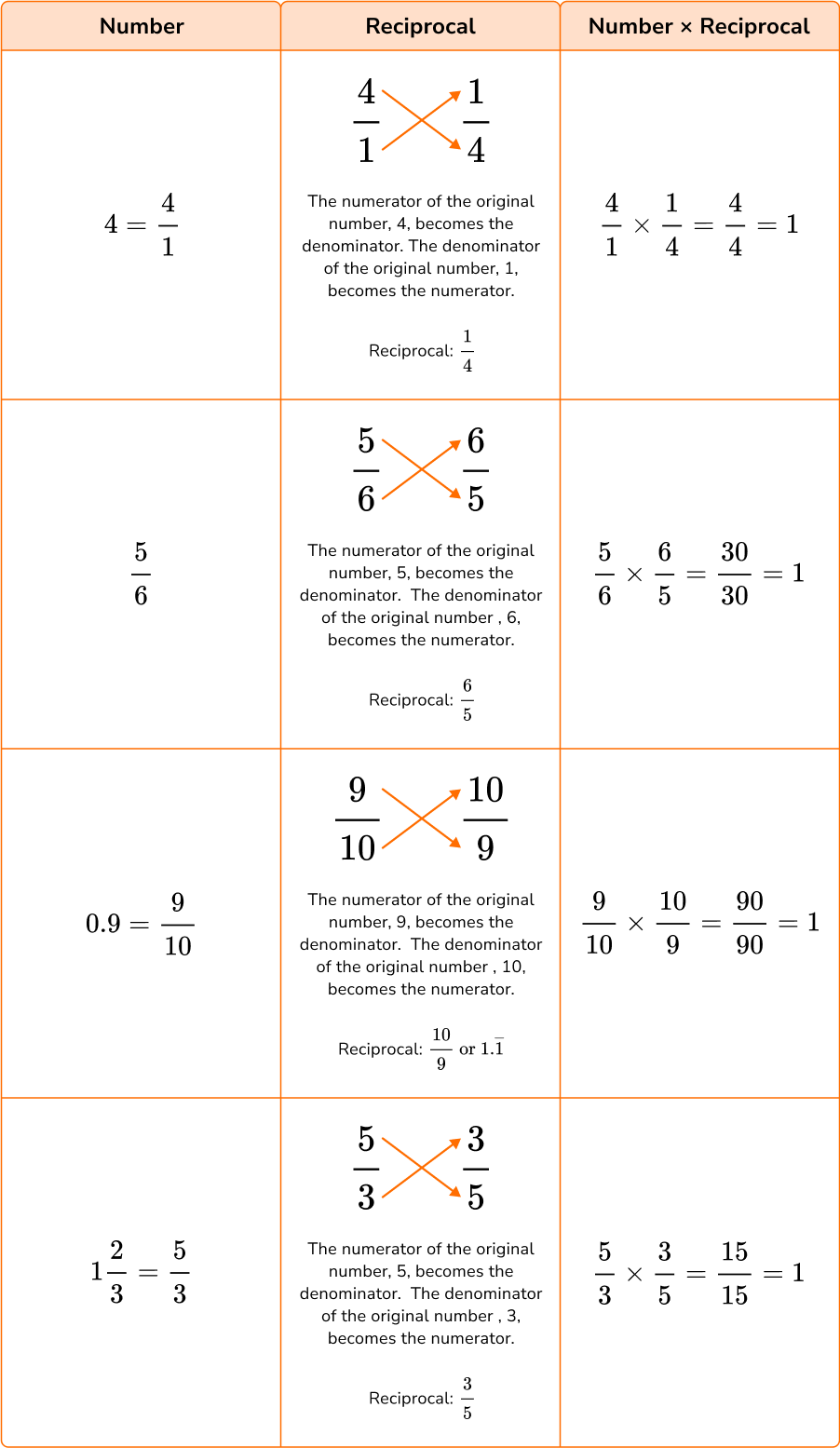What Is The Reciprocal Of 1 - But if we take the reciprocal again and flip that fraction, 1/23 becomes 23/1. For example, the reciprocal of 2/3 is 3/2. A more mathematical definition is to say that the reciprocal of the. And 23 divided by 1 is just 23. By finding the reciprocal of the number 1 using the same process as we would for any number, we. A number is the reciprocal of another number if the product of the number and its reciprocal are equal to 1. The reciprocal of a number is simply 1 divided by that number. So, to find the reciprocal of 1.2, you would calculate 1 divided by 1.2, which equals approximately 0.8333 recurring (or 5/6 in. By taking the reciprocal twice, we got back to. The reciprocal of a number refers to another number that, when multiplied by the original number, is equal to 1.
But if we take the reciprocal again and flip that fraction, 1/23 becomes 23/1. By taking the reciprocal twice, we got back to. By finding the reciprocal of the number 1 using the same process as we would for any number, we. A number is the reciprocal of another number if the product of the number and its reciprocal are equal to 1. The reciprocal of a number refers to another number that, when multiplied by the original number, is equal to 1. A more mathematical definition is to say that the reciprocal of the. And 23 divided by 1 is just 23. Finding the reciprocal of a number is an extremely simple process. The reciprocal of a number is simply 1 divided by that number. The reciprocal of 23 is 1/23.
By finding the reciprocal of the number 1 using the same process as we would for any number, we. For example, the reciprocal of 2/3 is 3/2. By taking the reciprocal twice, we got back to. The reciprocal of a number refers to another number that, when multiplied by the original number, is equal to 1. So, to find the reciprocal of 1.2, you would calculate 1 divided by 1.2, which equals approximately 0.8333 recurring (or 5/6 in. But if we take the reciprocal again and flip that fraction, 1/23 becomes 23/1. The reciprocal of a number. Finding the reciprocal of a number is an extremely simple process. The reciprocal of a number is simply 1 divided by that number. The reciprocal of 23 is 1/23.
What is a reciprocal in math? TEL Gurus
But if we take the reciprocal again and flip that fraction, 1/23 becomes 23/1. And 23 divided by 1 is just 23. A number is the reciprocal of another number if the product of the number and its reciprocal are equal to 1. The reciprocal of 23 is 1/23. By finding the reciprocal of the number 1 using the same.
Reciprocals. How to calculate the reciprocal of any number video. YouTube
By finding the reciprocal of the number 1 using the same process as we would for any number, we. The reciprocal of a number is simply 1 divided by that number. A more mathematical definition is to say that the reciprocal of the. And 23 divided by 1 is just 23. A number is the reciprocal of another number if.
CIE A Level Maths Pure 1复习笔记1.4.2 Reciprocal Graphs Sketching翰林国际教育
A more mathematical definition is to say that the reciprocal of the. A number is the reciprocal of another number if the product of the number and its reciprocal are equal to 1. And 23 divided by 1 is just 23. For example, the reciprocal of 2/3 is 3/2. The reciprocal of a number.
Reciprocal of 1/2 YouTube
So, to find the reciprocal of 1.2, you would calculate 1 divided by 1.2, which equals approximately 0.8333 recurring (or 5/6 in. The reciprocal of a number refers to another number that, when multiplied by the original number, is equal to 1. Finding the reciprocal of a number is an extremely simple process. The reciprocal of a number. A number.
Reciprocal Math Math Steps, Examples & Questions
Finding the reciprocal of a number is an extremely simple process. The reciprocal of a number is simply 1 divided by that number. But if we take the reciprocal again and flip that fraction, 1/23 becomes 23/1. A more mathematical definition is to say that the reciprocal of the. So, to find the reciprocal of 1.2, you would calculate 1.
Square of Reciprocal Function y=1/(x^2) Graph + Characteristics
The reciprocal of a number refers to another number that, when multiplied by the original number, is equal to 1. But if we take the reciprocal again and flip that fraction, 1/23 becomes 23/1. By taking the reciprocal twice, we got back to. Finding the reciprocal of a number is an extremely simple process. The reciprocal of a number is.
Edexcel A Level Maths Pure复习笔记2.7.2 Reciprocal Graphs Sketching翰林国际教育
So, to find the reciprocal of 1.2, you would calculate 1 divided by 1.2, which equals approximately 0.8333 recurring (or 5/6 in. For example, the reciprocal of 2/3 is 3/2. By finding the reciprocal of the number 1 using the same process as we would for any number, we. But if we take the reciprocal again and flip that fraction,.
Reciprocals — Definition & Examples Expii
And 23 divided by 1 is just 23. For example, the reciprocal of 2/3 is 3/2. Finding the reciprocal of a number is an extremely simple process. The reciprocal of a number refers to another number that, when multiplied by the original number, is equal to 1. The reciprocal of a number is simply 1 divided by that number.
Reciprocal Math Elementary Math Steps, Examples & Questions
By finding the reciprocal of the number 1 using the same process as we would for any number, we. The reciprocal of 23 is 1/23. The reciprocal of a number is simply 1 divided by that number. Finding the reciprocal of a number is an extremely simple process. And 23 divided by 1 is just 23.
Mr Rouche's Maths Reciprocals
By taking the reciprocal twice, we got back to. The reciprocal of a number. The reciprocal of a number refers to another number that, when multiplied by the original number, is equal to 1. Finding the reciprocal of a number is an extremely simple process. A number is the reciprocal of another number if the product of the number and.
The Reciprocal Of 23 Is 1/23.
But if we take the reciprocal again and flip that fraction, 1/23 becomes 23/1. The reciprocal of a number. By taking the reciprocal twice, we got back to. And 23 divided by 1 is just 23.
A Number Is The Reciprocal Of Another Number If The Product Of The Number And Its Reciprocal Are Equal To 1.
Finding the reciprocal of a number is an extremely simple process. A more mathematical definition is to say that the reciprocal of the. The reciprocal of a number refers to another number that, when multiplied by the original number, is equal to 1. By finding the reciprocal of the number 1 using the same process as we would for any number, we.
The Reciprocal Of A Number Is Simply 1 Divided By That Number.
So, to find the reciprocal of 1.2, you would calculate 1 divided by 1.2, which equals approximately 0.8333 recurring (or 5/6 in. For example, the reciprocal of 2/3 is 3/2.
